Last Updated: 4 months ago
Do you have a furry feline friend at home, and you suspect she might be expecting a litter of adorable kittens?
It’s an exciting time in your cat’s life, and knowing how to tell if a cat is pregnant is important.
Like humans, cats undergo several changes during pregnancy. These changes are subtle. But they are important to understand for your cat’s health and well-being.
Whether you’re a novice cat parent or an experienced cat lover, this guide will help you identify the signs of pregnancy.
So, let’s embark on this adventure together. Ensure your cat’s pregnancy is safe and happy for both of you!
How to Tell if A Cat Is Pregnant
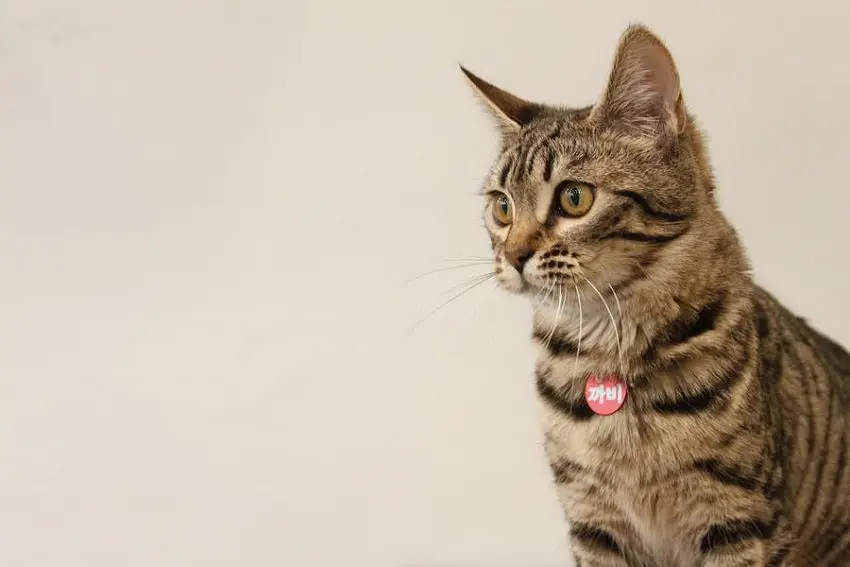
Yes, your cat can become pregnant if she is not spayed. Female cats can become pregnant as early as five months old.
When a male cat mates with a female cat, it can lead to pregnancy. The male cat’s sperm fertilizes the eggs inside the female cat’s body.
The cat’s pregnancy typically lasts around 63 days. You may notice changes in your cat’s behavior and body during this time.
She might become more affectionate or seek seclusion. Her belly might grow larger as the kittens develop inside her.
Sometimes, you can feel small lumps, which are the growing kittens, when you gently touch her belly. Do you suspect your cat is pregnant?
Then, you need to ensure that she is properly cared for. Consult your veterinarian about nutrition and medical care. Preparing a safe and comfortable place to give birth is also important.
Signs of Pregnancy in Cats
When a cat is pregnant, you may notice some signs. It may behave differently, such as becoming more affectionate.
Or, on the contrary, the cat may seek to rest in a quiet place. Her belly may become larger, and slight tremors may be felt when lightly touching it.
Changes in appetite and sometimes vomiting can also be signs of pregnancy in cats. If you suspect your cat is pregnant, you should contact your veterinarian.
They can help confirm the pregnancy and give you care advice. Proper care during pregnancy is very important.
It ensures both the health of the mother and the future kittens. But let’s now look more closely at the symptoms of pregnancy:
Physical Changes
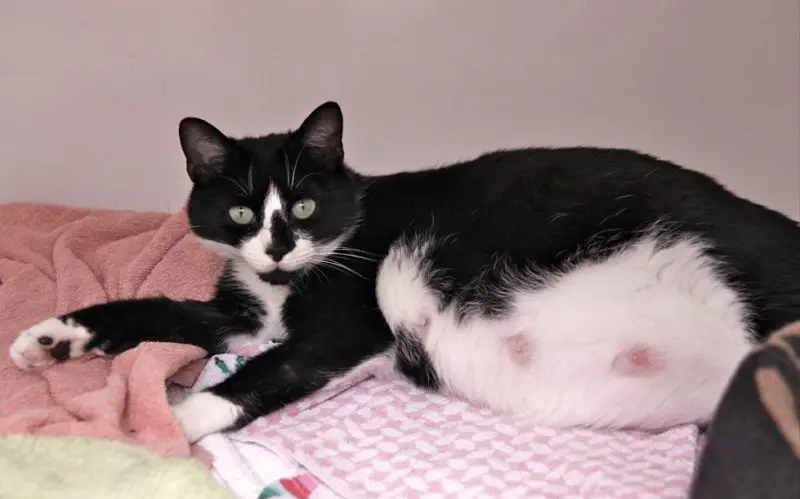
During pregnancy, the cat’s body undergoes several physical changes. It is how the body prepares to carry and give birth to kittens.
These changes include:
- Belly enlargement: Your cat’s belly will gradually become bigger as the kittens grow inside her. You may notice it becoming rounder and more prominent.
- Nipple changes: A pregnant cat’s nipples will often change color, becoming pinker and more noticeable. It happens because they are getting ready to produce milk for the kittens.
- Weight gain: Cat pregnancy involves weight gain. You may notice your cat getting a little heavier as the pregnancy progresses.
- Appetite changes: Some pregnant cats may experience changes in their eating habits. They might eat more or less than usual.
- Behavior changes: Depending on their personalities, pregnant cats might become more affectionate or seek solitude.
- Litter box habits: You might observe changes in your cat’s litter box habits. Some cats become more or less interested in using it during pregnancy.
Understanding these physical changes will help you take proper care of pregnant cats.
Personality Changes
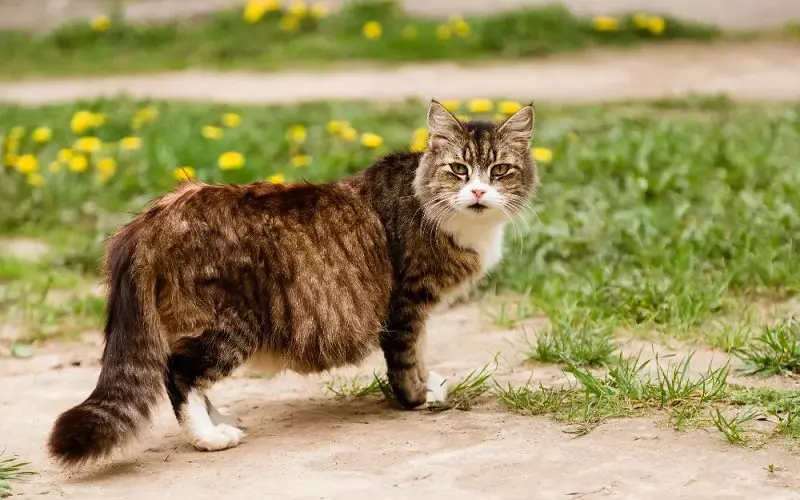
Do you know other factors that can help you tell if your cat is pregnant? Pregnancy can cause changes in a cat’s personality.
These changes can vary from cat to cat. But the most common are things like:
- Affectionate behavior: Most pregnant cats become very affectionate. They seek increased attention from their owners. They may get more pleasure from hugs and stroking.
- Loneliness and nesting behavior: On the other hand, there is a type of cat that becomes more lonely. They seek quiet, secluded places. They want to rest and prepare for kittens. This behavior is similar to nesting.
- Irritability: Pregnancy can make some cats more irritable or sensitive. They might be less tolerant of other pets or even humans in their space.
Remember that these changes can vary greatly from cat to cat. Providing a calm and comfortable environment for your pregnant cat is very important.
This way, you can help it adapt to these changes during this special period.
How Veterinarians Diagnose Pregnancy in Cats
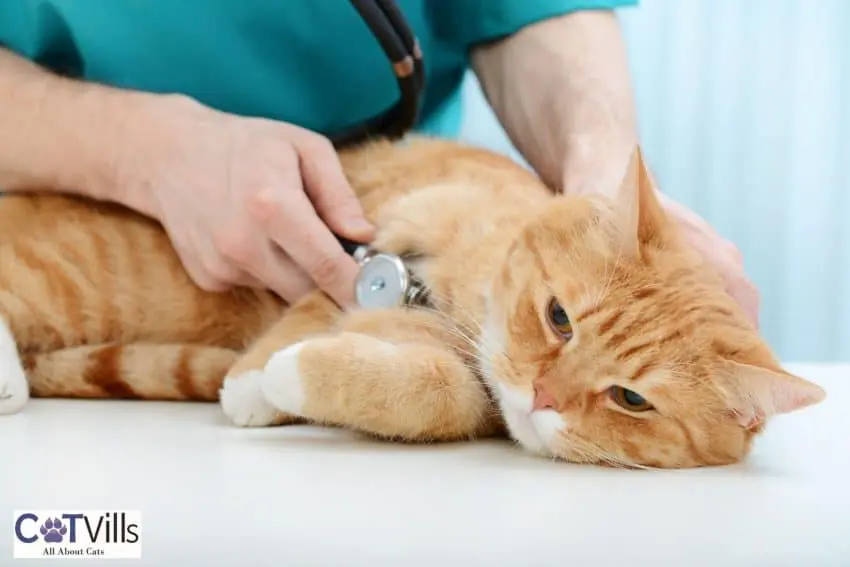
Veterinarians use several methods to diagnose pregnancy in cats:
- Palpation: One common method is palpation, where the vet gently feels the cat’s abdomen with their hands. They can often detect small lumps (called kittens) in the uterus after about 15–20 days of pregnancy.
- Ultrasound: Veterinarians may use an ultrasound machine to look at a cat’s abdomen better. It helps to see developing kittens and confirm pregnancy.
- Blood tests: A blood test can determine the level of the hormone relaxin. It increases during pregnancy. This test can confirm pregnancy as early as 21 to 27 days after conception.
- X-rays: In the later stages of pregnancy (about 45 days or more), X-rays can determine the number and position of kittens.
- Behavioral and physical changes: Sometimes, the veterinarian may look at behavioral and physical changes in the cat. It is how the vet can make an educated guess about pregnancy.
Still wondering how to tell if a cat is pregnant?
You don’t have to guess on your own. Taking your cat to a veterinarian for an accurate diagnosis is better.
How to Take Care of a Pregnant Cat
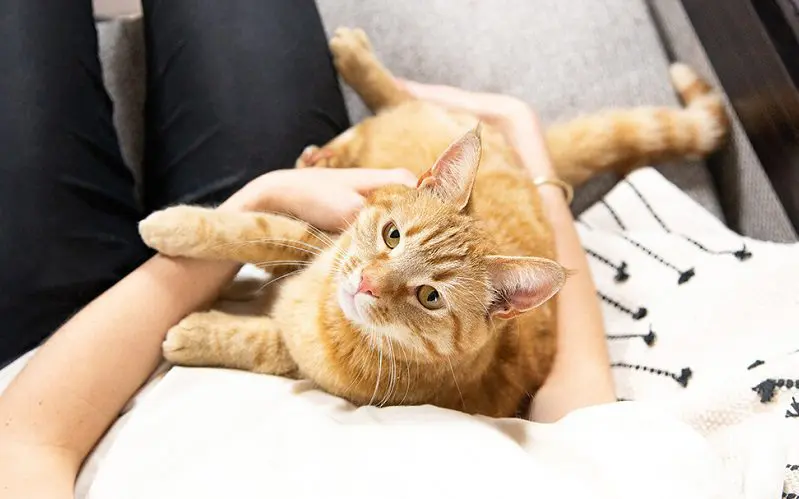
Caring for a pregnant cat is very important. It will allow you to keep her and the kittens healthy.
Here are some essential tips:
- Quality diet: Feed your pregnant cat a high-quality cat food specially formulated for pregnancy. She needs extra nutrients during this time.
- Clean water: Always provide fresh, clean water for your cat to stay hydrated.
- Regular vet visits: Schedule regular vet check-ups to monitor her health and the progress of the pregnancy. Follow your vet’s advice.
- Safe and quiet environment: Create a quiet and safe space for your cat to rest and give birth. A comfortable and secluded area with a nesting box or soft bedding is ideal.
- Exercise: Let the cat stay active with gentle play and exercise, but don’t overexert her.
- Parasite Control: Keep her protected from parasites like fleas and ticks with vet-approved products.
- Emotional Support: Give her love and attention. Some cats become more affectionate during pregnancy.
Following these guidelines will help you take care of your pregnant cat.
Signs That a Cat Will Give Birth Soon
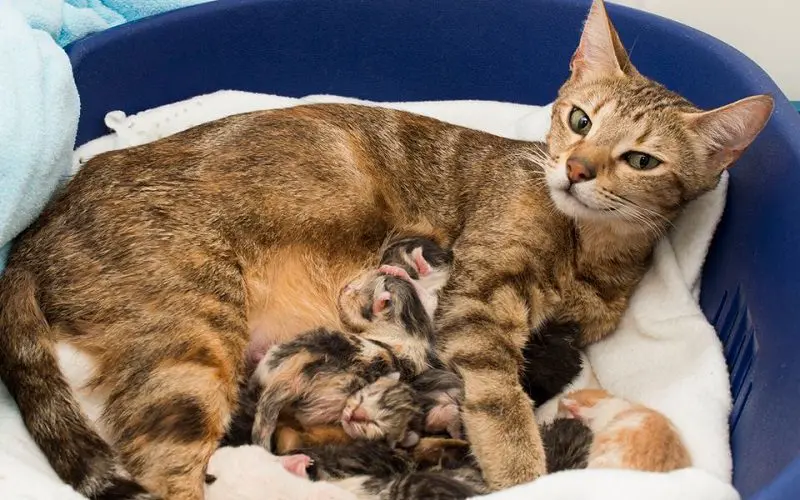
As your pregnant cat gets closer to giving birth, some signs can tell you she will deliver her kittens soon:
- Restlessness: Your cat may seem more restless and unable to stay still. She might pace or keep changing her nesting spot.
- Nesting behavior: She will start creating a comfortable nest for her kittens. This might involve scratching at blankets or towels to make a cozy spot.
- Decreased appetite: Some cats may eat less or stop eating altogether as labor approaches.
- Vocalization: Your cat may become more vocal and meow more often than usual.
- Licking and grooming: Increased grooming and attention to her belly area are common signs.
- Temperature drop: Taking her temperature can help predict labor. A significant drop in body temperature often indicates labor will begin within 24 hours.
- Contractions: When labor starts, your cat will have contractions. You might see her abdominal muscles contracting, and she may appear to strain.
Have you noticed one or more of these signs? Then the cat’s pregnancy ends, and she is ready to bring you kittens.
We recommend that you consult your veterinarian and possibly deliver the kittens there. It will be safer for the health of the cat and the kittens.
How to Prevent Cat Pregnancy
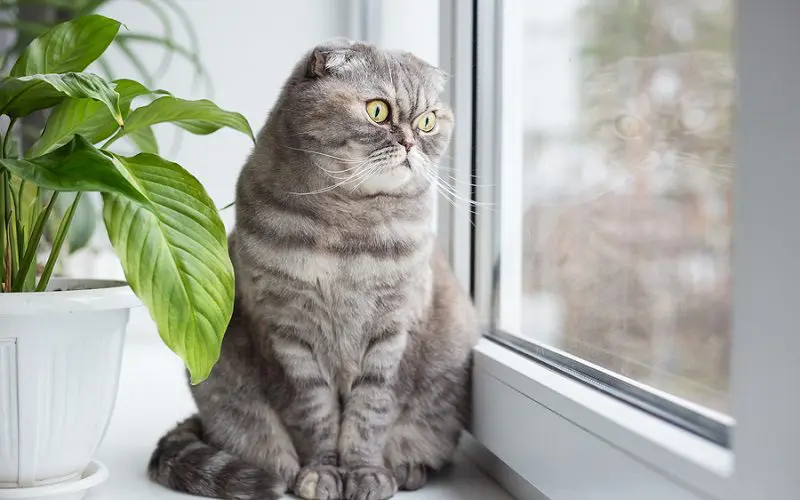
You don’t want to face the question of how to tell if your cat is pregnant. Then you should take care of it in advance. And here’s what you can do:
- Spaying: Spaying your female cat is the most effective way to prevent cat pregnancy. This surgery removes her ovaries and uterus, making her unable to get pregnant.
- Keep cats indoors: If your cat stays indoors, it’s less likely to mate with outdoor cats. It helps prevent accidental pregnancies.
- Supervise outdoor time: Supervise their outdoor activities if your cat goes outside, especially during mating seasons.
- Separate unspayed cats: Keep unspayed female cats away from unneutered male cats to avoid mating.
These steps will help prevent unwanted cat pregnancies and reduce the number of homeless cats in your community.
Wrap-Up
After the kittens are born, you can count on the mother cat to take care of them. She will feed them, keep them warm, and clean them.
But if it happens that your cat doesn’t do this, you can always ask your veterinarian for additional help. In general, you can raise kittens even without the mother’s involvement.
But for that, you need to follow all the instructions carefully. Remember that kittens grow very fast. After about a week, they open their eyes and become more active.
Don’t forget to provide them with a safe and quiet place to develop. Then your kittens will grow up healthy and happy.
Resources:
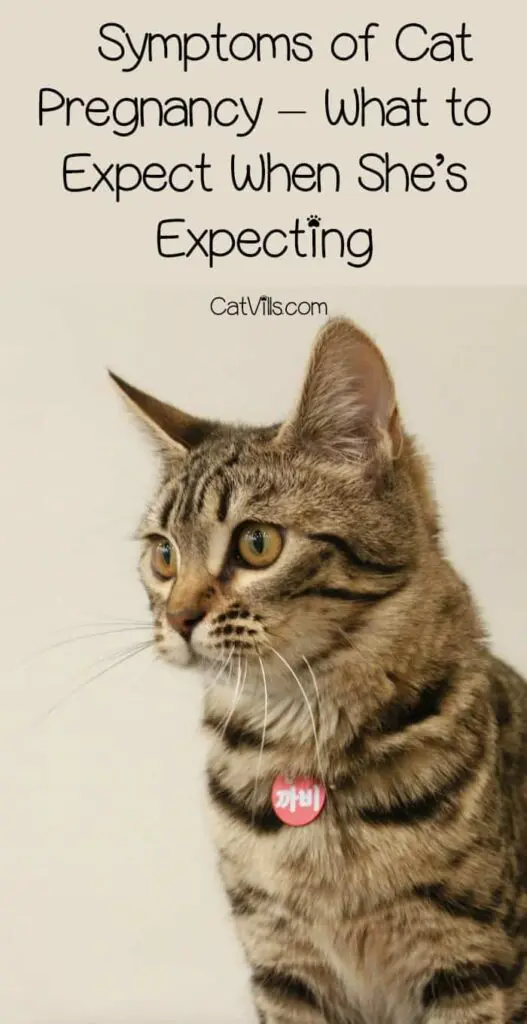

Dr. Linda Simon MVB MRCVS is a locum veterinary surgeon who has worked in London for the past 8 years. She graduated top of her class in small animal medicine from UCD, Dublin. She is currently a member of the Royal College of Veterinary Surgeons. Linda is the resident vet for Woman magazine and a frequent contributor to People’s Friend Magazine, the Dogzone website, Vet Help Direct and Wag! Linda also writes content for the CVS veterinary group, Vetwriter and a number of other establishments.
